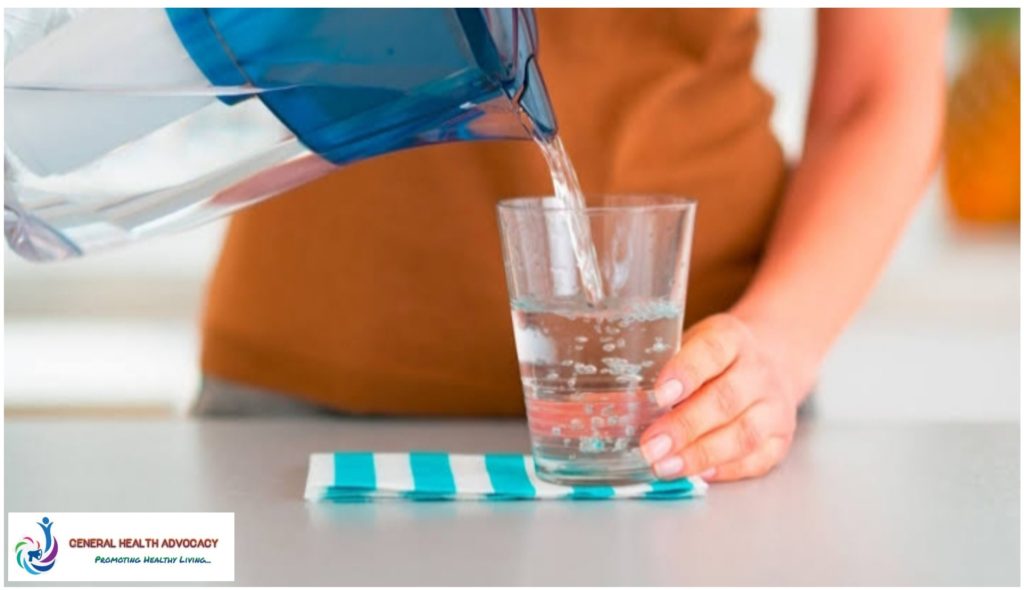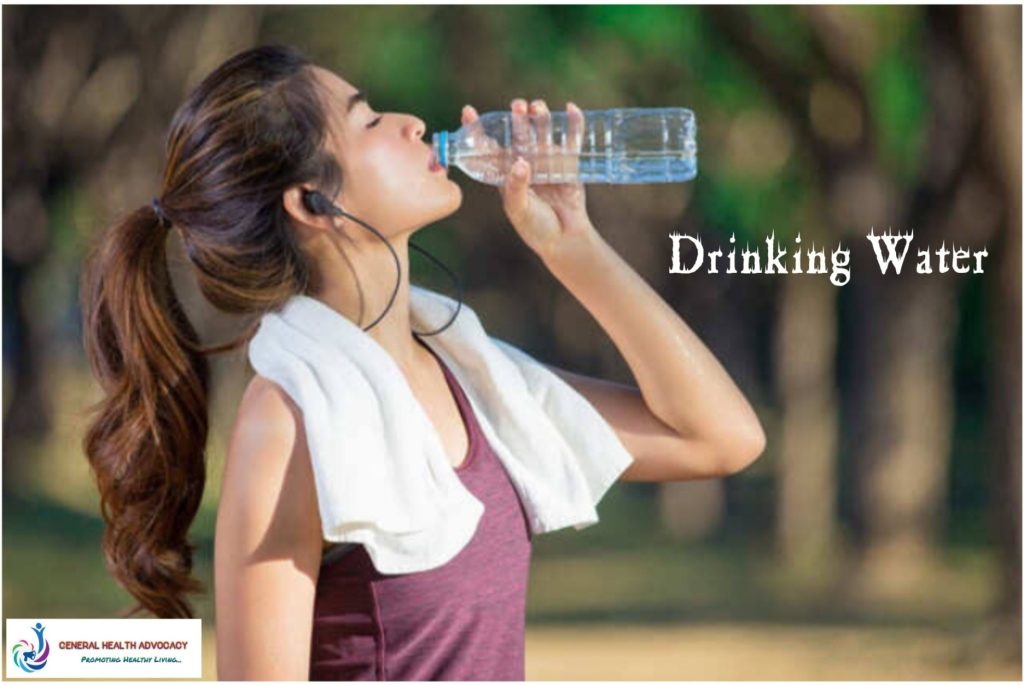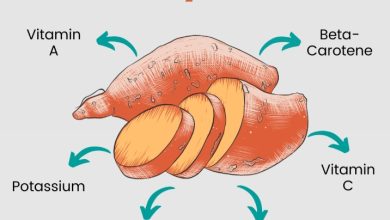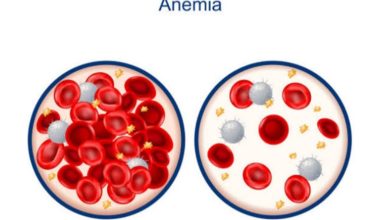10 Reasons Why Drinking Water Transform Your Health

Drinking water is essential for maintaining various bodily functions, and it’s crucial for overall health. The human body is made up of approximately 60% water, and this water plays a vital role in processes such as digestion, nutrient absorption, temperature regulation, and waste elimination.
Drinking adequate amounts of water every day is necessary to keep the body functioning optimally.
Water is involved in nearly every bodily function, and its benefits extend far beyond quenching your thirst. It helps maintain hydration, regulates body temperature, supports joint lubrication, aids digestion, and helps flush out toxins.
Not only does it support your organs and systems, but it is also a critical factor in maintaining your energy levels and general well-being.
10 Benefits of Drinking Water
- Hydration: The most basic and essential benefit of drinking water is hydration. Staying hydrated is necessary for almost every bodily function, from regulating temperature to supporting metabolism. Proper hydration ensures that all bodily processes run smoothly.
- Improves Digestion: Water is essential for digesting food and absorbing nutrients. It helps dissolve fats and soluble fibers, preventing constipation and promoting healthy digestion. Drinking water before or during meals aids in the breakdown of food and ensures smooth gastrointestinal functioning.
- Regulates Body Temperature: Water helps regulate body temperature through perspiration and respiration. As you sweat, the evaporation of water cools your body down, helping to maintain a stable internal temperature, which is essential during physical activity or hot weather.
- Detoxification: Drinking enough water helps flush toxins from the body through urine. The kidneys rely on water to filter waste products from the bloodstream and remove them via the urinary tract. Proper hydration also supports liver function, which aids in detoxification.
- Boosts Energy Levels: Dehydration can lead to fatigue and low energy levels. Proper hydration ensures that cells function efficiently, providing the energy needed to carry out daily tasks and physical activities. Staying hydrated helps reduce the feelings of tiredness and sluggishness.
- Promotes Healthy Skin: Drinking water is essential for maintaining skin health. Hydrated skin looks plumper, fresher, and more radiant. Proper water intake helps maintain elasticity, prevent dryness, and reduce the appearance of wrinkles. It also aids in flushing out toxins that may cause skin issues.
- Supports Joint Health: Water acts as a lubricant for joints, which helps reduce friction and prevent joint discomfort. Adequate hydration can ease pain caused by conditions like arthritis and keep cartilage and joints functioning properly.
- Supports Weight Loss: Drinking water before meals can help control appetite and reduce overeating. Water has zero calories, making it a healthy, calorie-free alternative to sugary beverages. It also helps boost metabolism and the breakdown of fats during physical activity.
- Enhances Brain Function: Dehydration negatively affects cognitive functions such as memory, concentration, and mood. Drinking enough water helps keep your brain alert and functioning at its best, improving focus and mental clarity.
- Improves Circulation: Water is vital for blood circulation. It helps maintain blood volume and ensures the efficient transport of oxygen and nutrients to tissues and organs. Proper hydration promotes optimal cardiovascular health and helps prevent blood clots and heart-related problems.
Read Also
Sustainable Living Tips: Simple Changes for a Healthier Planet
Frequently Asked Questions About Water
1. How much water should I drink each day?
While there is no one-size-fits-all answer, a common recommendation is to drink at least 8 cups (64 ounces or about 2 liters) of water a day. However, this can vary depending on factors like age, sex, physical activity, and climate. Some people may need more, especially those who are active or in hot environments.
2. Can I drink too much water?
Yes, overhydration (or water intoxication) is possible, though rare. This occurs when you drink more water than your kidneys can excrete, causing an imbalance in electrolytes, particularly sodium. Symptoms include nausea, vomiting, headache, and in extreme cases, it can be life-threatening. It’s important to drink in moderation based on your body’s needs.
3. Is it okay to drink water during meals?
Yes, drinking water during meals can aid digestion by helping break down food and supporting the absorption of nutrients. However, drinking excessive amounts may dilute stomach acid and impair digestion, so it’s best to drink in moderation.
4. Does coffee, tea, or juice count as water?
While beverages like coffee, tea, and juice contribute to hydration, they may also contain caffeine, sugar, or other compounds that can act as diuretics (increasing urine production). Water remains the best option for hydration, but other drinks can supplement your fluid intake.
5. Does the temperature of water matter?
The temperature of water is a personal preference. Some people prefer cold water, while others prefer it room temperature. However, extreme temperatures may irritate the digestive system, so it’s best to drink water that is comfortable for you.
6. Can drinking water help with weight loss?
Yes, drinking water can assist with weight loss by promoting a feeling of fullness, reducing overall calorie intake, and boosting metabolism. Replacing sugary drinks with water also eliminates empty calories from your diet.
7. What are the signs of dehydration?
Common signs of dehydration include dry mouth, dark yellow urine, fatigue, dizziness, confusion, and headaches. Severe dehydration can lead to more serious symptoms, such as rapid heart rate, low blood pressure, and fainting. It’s important to hydrate regularly to prevent dehydration.
8. Is bottled water healthier than tap water?
In most developed countries, tap water is regulated and treated to meet safety standards. Bottled water may be convenient, but it doesn’t necessarily offer a significant health advantage over tap water. It’s essential to ensure that tap water quality is monitored, and if unsure, using a filter can provide added peace of mind.
9. Can drinking water improve my skin?
Yes, drinking enough water helps keep your skin hydrated, reduces dryness, and supports elasticity. It can also help flush out toxins from the body, potentially improving acne or other skin conditions.
10. What is the best time of day to drink water?
It’s important to stay hydrated throughout the day. Drinking water first thing in the morning can help rehydrate the body after hours of sleep. Throughout the day, drinking small sips of water regularly is better than consuming large amounts all at once. Avoid drinking excessive amounts right before bed to prevent disruptions in sleep due to frequent urination.

It can be concluded that, drinking water is essential for health and well-being. Its benefits go beyond quenching thirst hydration is critical for optimal body function, digestion, energy, and overall vitality.
Ensure you drink an adequate amount of water each day to stay healthy, and listen to your body to avoid dehydration.
Remember that water is your body’s most important natural resource, and maintaining proper hydration is one of the easiest ways to support your health.



